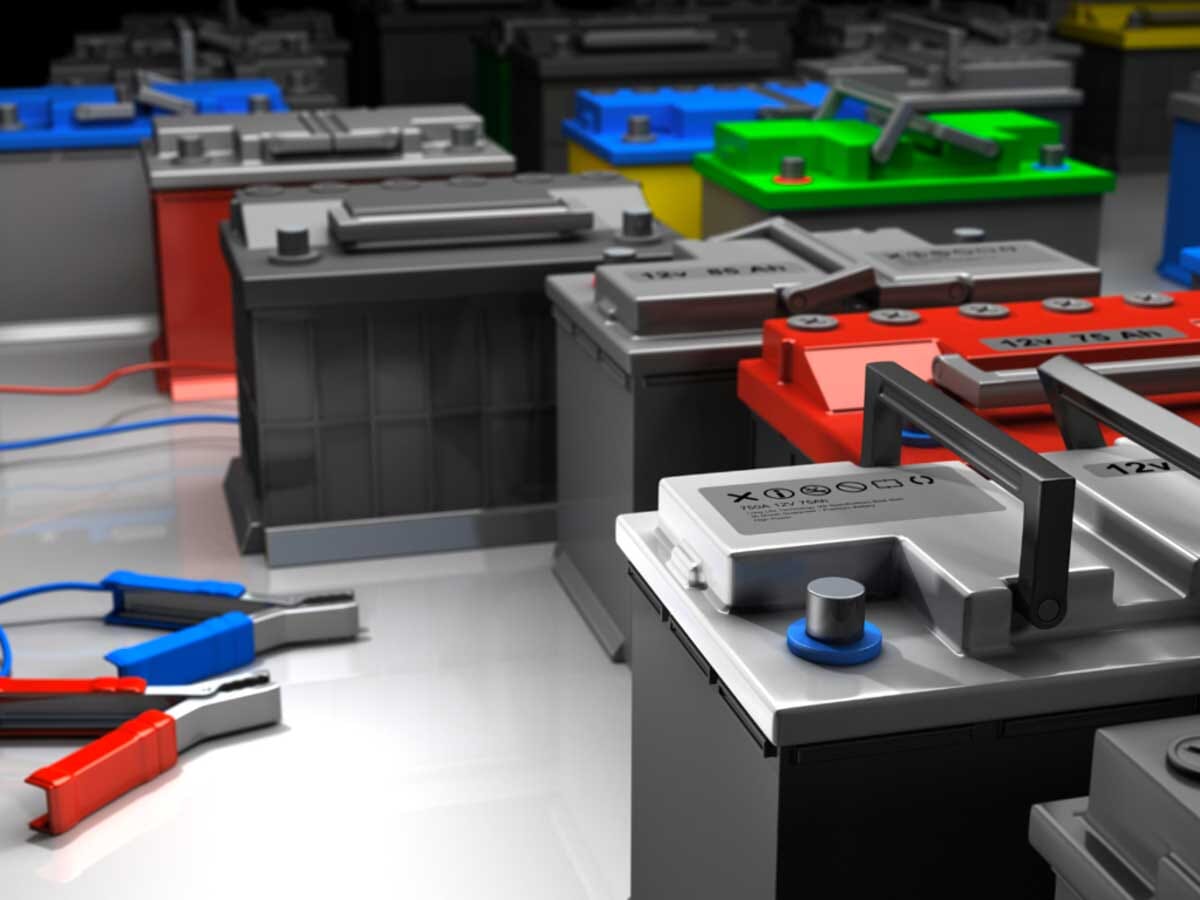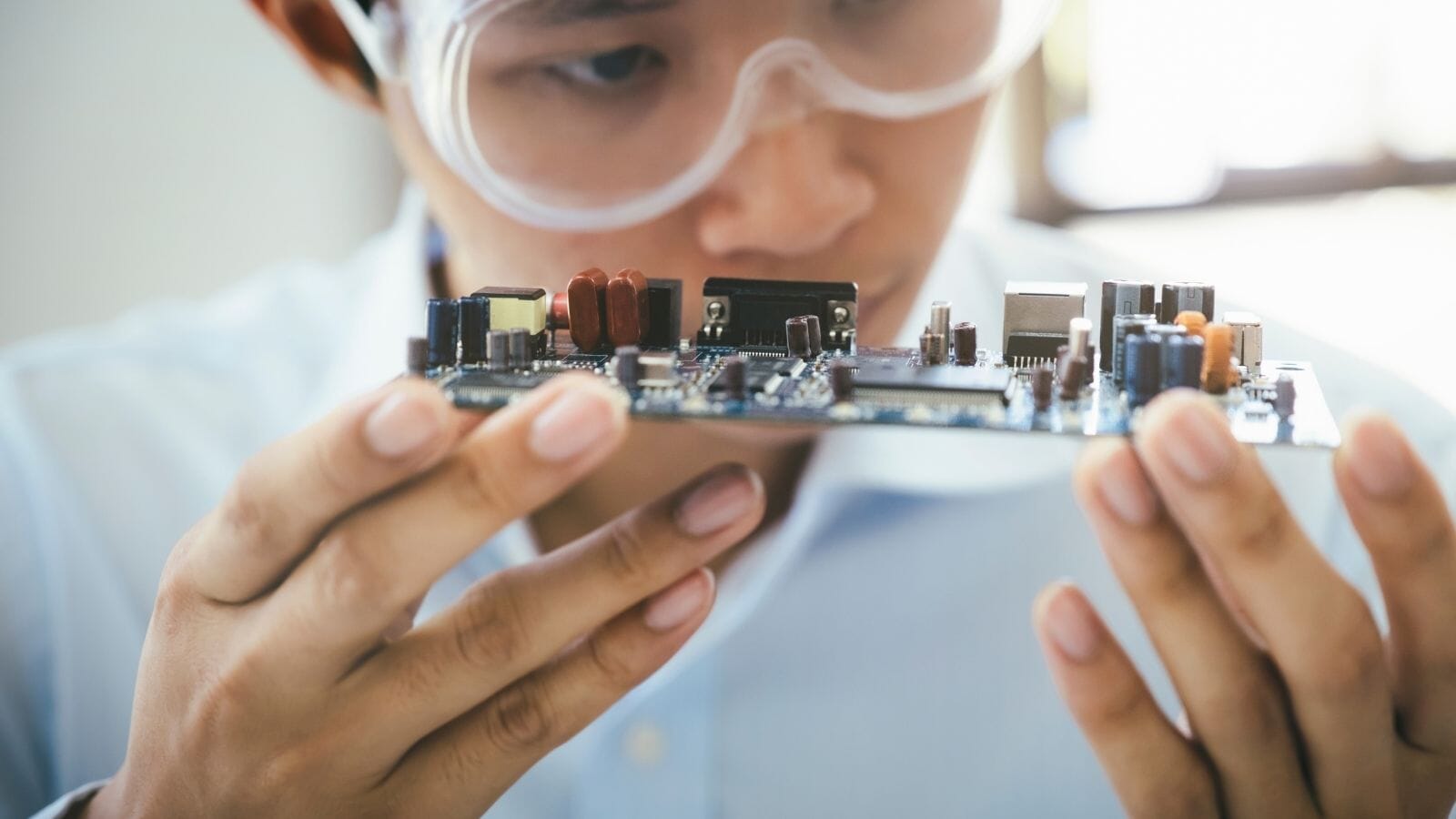Proud to have worked with:
Customers want to know more about the life story of chipsets, PCBs, batteries, magnets, metals and minerals – where they come from and through whose hands they have passed – to continue business relationships and establish new commercial partnerships.
TDi brings expertise on the entire electronics value chain, from mine to corporate headquarters of OEMs. We know how to ensure your business is and recognised as being ethical, responsible and sustainable.
How our services support the electronics industry

Supply chain risk mapping
Electronics supply chains are notoriously complex – a server or mobile phone, for example, comprises many different materials from across the world, often with opaque routes to market.
Electronics production relies on resource-intensive processes involving metals, semiconductors, chemicals, and plastics, which are frequently linked to pollution and environmental degradation. Our team’s expert knowledge, combined with our bespoke digital tools enables companies to monitor and mitigate risks, ensuring sustainable sourcing and compliance with global environmental standards.

Due diligence
Electronics companies face critical challenges in sourcing materials like cobalt, lithium, and rare earth elements, which are often tied to labour violations, negative environmental impacts, and increasingly – geopolitical instability.
TDi’s due diligence solutions ensure compliance with regulations, and our digital tools help map the materials in your supply chains, mitigate risks, and engage suppliers in responsible sourcing.

Regulations and standards mapping
With a 77% increase in the number of regulations affecting consumer electronics manufacturers since 2024, the electronics industry now faces a wide array of regulations aimed at ensuring product safety, environmental protection and responsible sourcing. These include the Restriction of Hazardous Substances (RoHS) and Waste Electrical and Electronic Equipment (WEEE) directives and requirements around Extended Producer Responsibility (EPR). Non-compliance can result in material sourcing disruptions, delays or seizures at border crossings, and the loss of contracts or market access.
The TDi team are experts in the mapping of both regulations and voluntary sustainability standards and through our digital tools, continually analyse more than 350 regulations and certification systems globally, including their assurance and performance requirements.

Human Rights Strategy
HRIAs are crucial for identifying and addressing potential negative impacts on human rights throughout the production, use, and disposal of electronic devices. Leveraging TDi’s human rights strategies and Human Rights Impact Assessments (HRIAs), companies can ensure compliance with responsible sourcing regulations and stakeholder requirements.
Case study> Human Rights Impact Assessment in Nicaragua

Industry leadership
Electronics companies can complement their individual due diligence efforts through collaborative industry associations and audit programmes.
TDi develops and delivers end-to-end industry initiative programmes that support the reputation, growth and long-term sustainability of business.
We bring businesses at the heart of an industry together to improve collectively – ensuring operations and practices positively impact the environment, economy, and society.

Standard setting and assurance schemes
We don’t just assist in creating sustainable initiatives, we also set the industry standards to which these initiatives must adhere.
Our analysts and design teams focus on every detail that goes into a standard or assurance scheme: from setting up pilots and audits to the website development, marketing and stakeholder communications needed to bring initiatives to life.
Latest trends
Responsible sourcing
Stakeholders and investors increasingly require evidence of strong commitment to improving ESG performance. There is increased awareness of sub-standard working conditions and human rights violations in the production value chain of the electronics sector. We can help you identify and mitigate risks, such as forced labour, associated with the materials in your supply chains.
E-waste and end of life management
Extended Producer Responsibility regulations establish specific obligations for electronics manufacturers regarding product take-back, recycling, and disposal. E-waste presents an opportunity to recover critical minerals needed for continued production of electronics devices. Responsible sourcing practices must be applied when recovering materials from electronic waste to prevent further environmental and social harm.
Product design and circular economy
Electronics manufacturers are adopting circular economy principles to enable the reuse, recycling, or biodegradation of materials. Design approaches now incorporate repairability, upgradability, and recyclability features to extend product life. Modular construction allows for component replacement rather than whole-device disposal, supporting more sustainable product lifecycles, and there is emphasis on reducing dependence and improving recovery of critical raw materials
Carbon footprint and energy use
The electronics sector ranks among the top eight industries for greenhouse gas emissions, contributing more than 50% of global carbon footprint with 580 million metric tons of carbon dioxide equivalent in 2020. Industry projections indicate emissions could reach 852 MMT annually by 2030 without intervention measures. Companies are implementing full lifecycle emissions accounting, renewable energy adoption, and efficiency improvements in both manufacturing processes and end products.
Regulatory compliance and voluntary standards
Electronics manufacturers must navigate regulations including RoHS, REACH, and WEEE directives that vary across jurisdictions. Voluntary frameworks such as B Corp, EcoVadis, CDP, and Science-Based Targets provide standardised approaches to sustainability reporting. These expanding accountability requirements underscore the need for transparent practices throughout electronics supply chains.
Electronics
Case studies
Key resources
Meet TDi’s electronics industry experts
Other services and tools supporting the electronics industry
Your project
made possible














